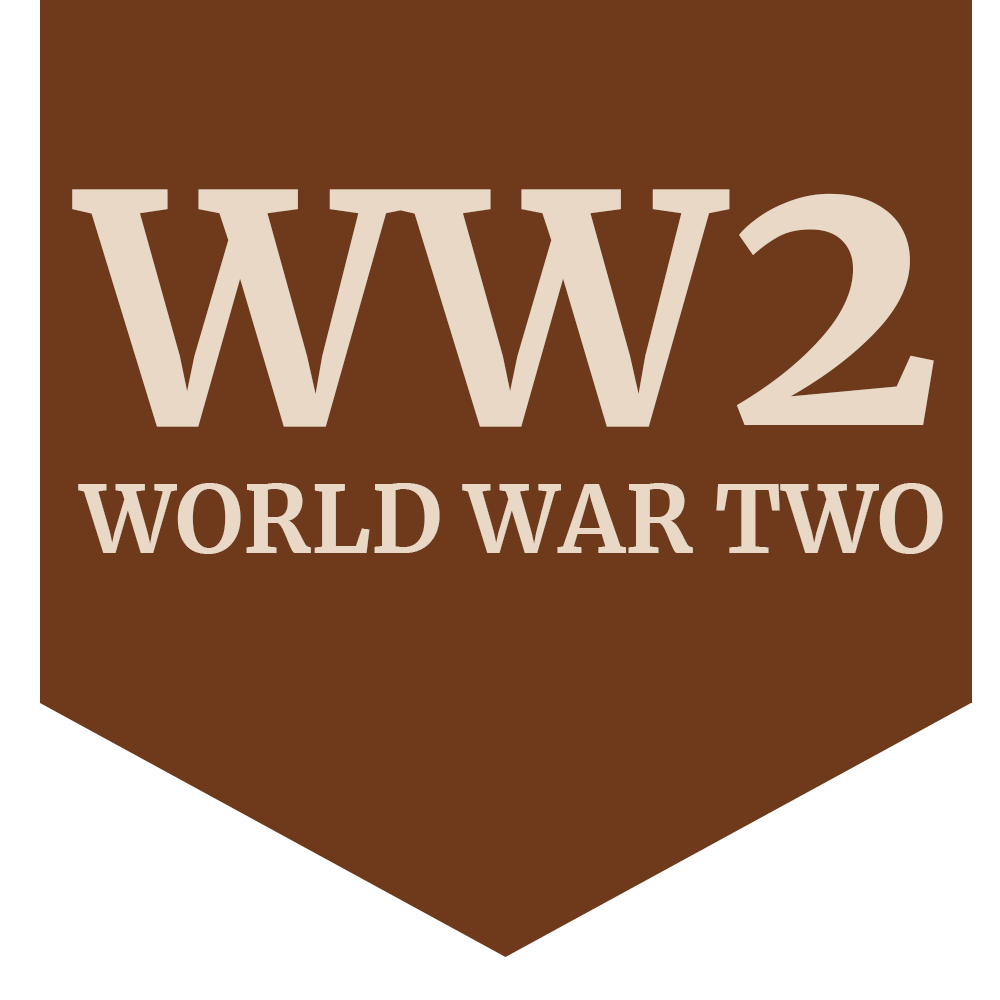
Sidney Isaac Wiggington
Prior to enlistment in 1939, Wiggington had a career in public transport logistics with Barton's buses.
- Family History
- Military history
- Extra information
- Photographs
Sydney Wiggington was an orphan privately educated through an anonymous bequest. He was the adopted son of Arthur and Alice Wigginton. He was the husband of Eunice Olive Wigginton, of Nottingham. In 2015 Sydney’s son Gavin, born at Toton Nottinghamshire two months after his father’s death, was able to visit Wiggington’s grave at Taukkyan War Cemetery.
After obtaining a commission in the Sherwood Foresters and active service with the 8th Army in North Africa, in late 1942 he joined Britain’s irregular warfare unit, the Special Operations Executive (SOE) an undercover organisation of some 13,000 men.
At the SOE’s Cairo office, he established the air operations unit. He was soon responsible for deploying missions to support the resistance across the Axis occupied Balkans, arranging supplies and waging propaganda and sabotage campaigns.
Later, he moved to southern Italy from where the scope of his role extended to the whole of south and eastern Europe. Wiggington’s OBE citation described his ‘outstanding qualities of far sightedness, initiative and clear thinking’ and gave as an example his role in organising the evacuation of 150 men from Tito’s headquarters in Yugoslavia to Italy with twelve hours notice.
In the final year of his life, as an acknowledged air operations expert, Wiggington was deployed to the Far East where he provided support to the resistance as they made a major contribution to the allied liberation of Burma.
In September 1945, Wiggington was given a final mission: fly from Rangoon to Calcutta to debrief soldiers freed from Japanese POW camps. Returning, his Dakota KN 584 was brought down by a monsoon storm and lightning in the Burmese jungle. All fifteen passengers and crew were killed. It was the last fatal air crash in the Burma theatre of World War Two.
Wiggington’s widow Eunice was assured by his CO that Sydney’s ‘knowledge and experience were of the greatest possible assistance to us... In fact much of our ultimate success as a force in that campaign must be credited to the excellence of his work.’
One of the other passengers on board was Flt-Sgt Donald Hugh Wild from Mansfield and he is remembered in the Mansfield District Council Book of Remembrance.


